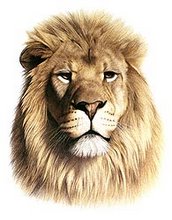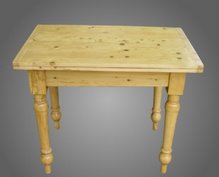↓B. Home. Lezione en.0: 01 ↔ 03.
→ 2.2 Conjugating verbs.
→ 2.3 Generic vs specific.
→ 2.2 Conjugating verbs.
→ 2.3 Generic vs specific.
The
Definite articles
As mentioned in Basics 1, German nouns have one of three genders: feminine, masculine or neuter.
While they sometimes correspond to a natural gender ("der Mann" is male), most often the gender will depend on the word, not on the object it describes. For example, the word "das Mädchen" (the girl) ends in "-chen", hence it is neuter. This is called grammatical gender.
Each gender has its own definite article. Der is used for masculine nouns, das for neuter, and die for feminine. Later in this course you will learn that these might be modified according to "case".
While they sometimes correspond to a natural gender ("der Mann" is male), most often the gender will depend on the word, not on the object it describes. For example, the word "das Mädchen" (the girl) ends in "-chen", hence it is neuter. This is called grammatical gender.
Each gender has its own definite article. Der is used for masculine nouns, das for neuter, and die for feminine. Later in this course you will learn that these might be modified according to "case".
| gender | definite (the) | indefinite (a/an) |
|---|---|---|
| masculine | der Mann | ein Mann |
| neuter | das Mädchen | ein Mädchen |
| feminine | die Frau | eine Frau |
Bottom. Top↑






Nessun commento:
Posta un commento